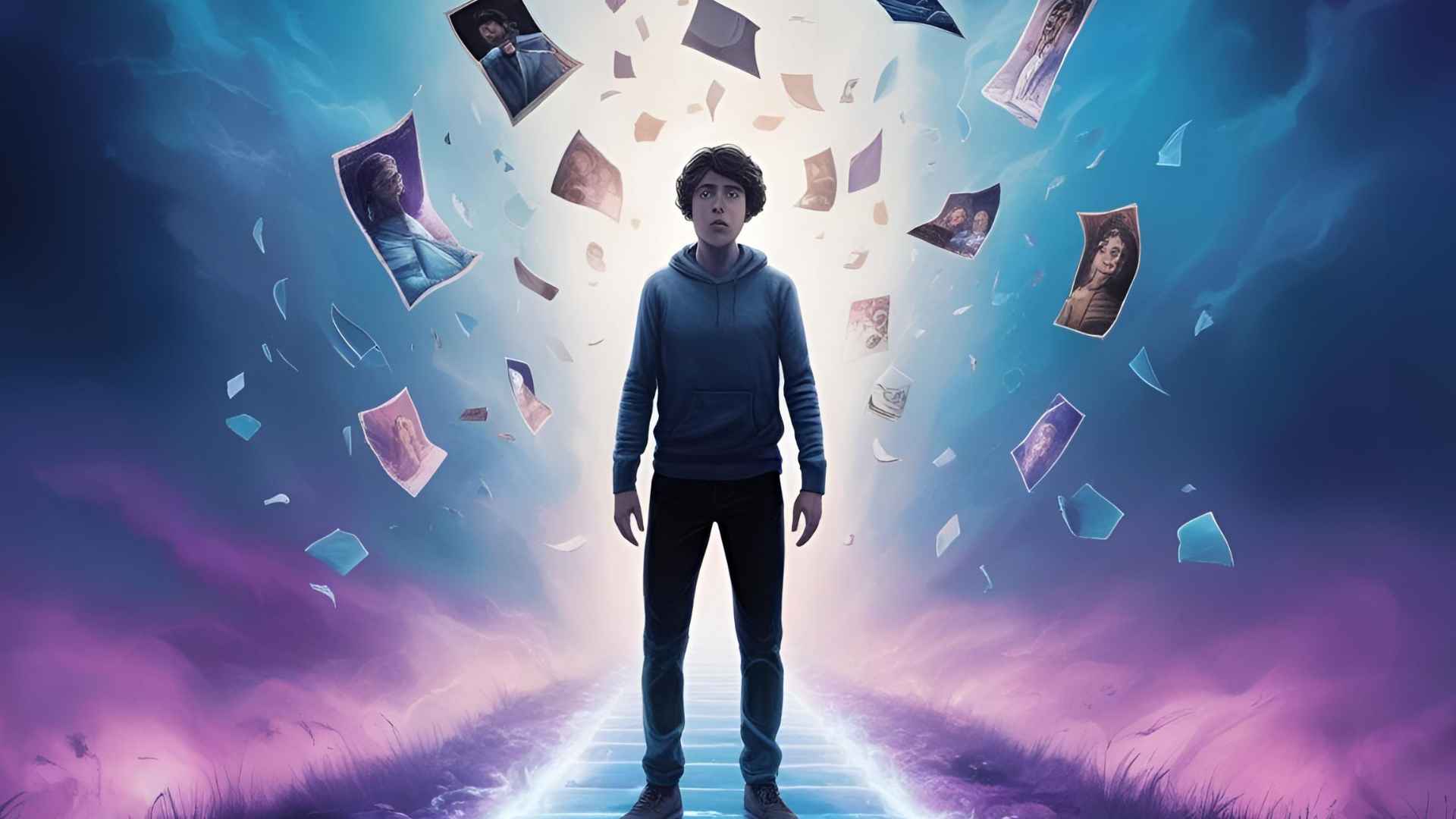Spotlight










Déjà Vu is a strange and mysterious feeling we experience when we think we’ve lived through a moment before, even though it’s happening for the first time. It’s a sensation of eerie familiarity that seems to defy logic. But why does this happen? To understand the causes of Déjà Vu, we need to explore the brain, memory, and perception processes.
Déjà Vu occurs when the brain experiences a temporary glitch in its memory processing system. The brain relies on intricate neural pathways to recognize familiar patterns, which helps us identify new experiences by comparing them to past ones. However, in the case of Déjà Vu, our brain might mistakenly classify a current experience as familiar even when it’s not. This leads to a momentary illusion where we feel we’ve been in this exact situation before.
ADVERTISEMENT
Our memory plays a crucial role in creating the feeling of familiarity. Our brains store past experiences, which then shape our perceptions of new situations. Déjà Vu may happen when there’s a mismatch between the brain’s recognition system and what’s happening in real-time. This could be due to the brain misfiring or the brain experiencing a delay in processing information. As a result, the present moment feels like a replay of a past one.
Memory-related brain regions, such as the hippocampus, are responsible for encoding and retrieving memories. When these areas work in unusual ways, it can cause the experience of Déjà Vu. In some cases, people with certain types of memory disorders, like temporal lobe epilepsy, may experience Déjà Vu more frequently.

Perception is the brain’s way of interpreting the world around us. It’s how we make sense of sensory information and create an understanding of what we’re experiencing. In a Déjà Vu moment, our perception of a current situation may feel out of sync with reality. This can create a sense of temporal confusion, where the brain mistakenly interprets the present as the past.
This perception gap may be tied to the subconscious mind, which constantly processes information we’re not consciously aware of. Our subconscious might identify patterns in the environment that our conscious mind doesn’t notice. This split-second recognition could trigger Déjà Vu by making us feel like we’ve already experienced what’s happening.
Cognitive processing refers to how our brain interprets and organizes information. Déjà Vu is believed to be a result of cognitive processing errors, where the brain misattributes a new experience to a past one. It’s an illusion created by a sudden overlap of familiarity, even though the situation is entirely new.
In some cases, this phenomenon may also be linked to false memories. Our brains sometimes create memories that aren’t based on real experiences, but they still feel convincing. This could lead to the illusion of having lived through a moment before.

The experience of time distortion is another key factor in Déjà Vu. Time appears to warp as our brain processes sensory information. Sometimes, the delay between when we perceive something and when we become consciously aware of it can cause the brain to confuse the present with the past.
Neural pathways involved in pattern recognition may also contribute to the phenomenon. When the brain detects a pattern that seems similar to something we’ve encountered before, it can trigger Déjà Vu. This process helps us navigate the world by using past experiences to guide us, but when it goes awry, it leads to the feeling of familiarity in an unfamiliar situation.
Ultimately, Déjà Vu is a complex psychological phenomenon that can be linked to memory, perception, and cognitive processing. While the exact cause remains unclear, it seems to be a result of the brain misfiring or processing information out of sync. Whether it’s a delay in memory retrieval or an error in pattern recognition, the feeling of déjà vu remains a curious aspect of human consciousness. So, next time you experience it, know that your brain is simply playing a little trick on you!
ADVERTISEMENT
